To address this, US researchers used health insurance plan records to identify 133,366 individuals aged 65 or older in 2020 who were diagnosed with covid-19 before 1 April 2020.
These individuals were matched to three (non-covid) comparison groups from 2020, 2019, and a group diagnosed with viral lower respiratory tract illness.
The researchers then recorded any persistent or new conditions starting 21 days after a covid-19 diagnosis (the post-acute period) and calculated the excess risk for conditions triggered by covid-19 over several months based on age, race, sex, and whether patients were admitted to the hospital for covid-19.
The results show that among individuals diagnosed with covid-19 in 2020, 32% sought medical attention in the post-acute period for one or more new or persistent conditions, which was 11% higher than the 2020 comparison group.
Compared with the 2020 comparison group, covid-19 patients were at increased risk of developing a range of conditions including respiratory failure (an extra 7.55 per 100 people), fatigue (an extra 5.66 per 100 people), high blood pressure (an extra 4.43 per 100 people), and mental health diagnoses (an extra 2.5 per 100 people).
Similar findings were found for the 2019 comparison group.
However, compared with the group with viral lower respiratory tract illness, only respiratory failure, dementia, and fatigue showed increased risk differences of 2.39, 0.71, and 0.18 per 100 people with covid-19, respectively.
Individuals admitted to hospital with covid-19 had a markedly increased risk for most but not all conditions. The risk of several conditions was also increased for men, for those of the black race, and for those aged 75 and older.
This is an observational study so can’t establish cause, and the researchers acknowledge some limitations, including the fact that some diagnoses might not truly represent a new condition triggered by covid-19 infection.
However, they warn that with more than 357 million people infected with coronavirus worldwide, “the number of survivors with sequelae after the acute infection will continue to grow.”
“These findings further highlight the wide range of important sequelae after acute infection with the SARS-CoV-2 virus,” they write. “Understanding the magnitude of risk for the most important clinical sequelae might enhance their diagnosis and the management of individuals with sequelae after acute SARS-CoV-2 infection.”
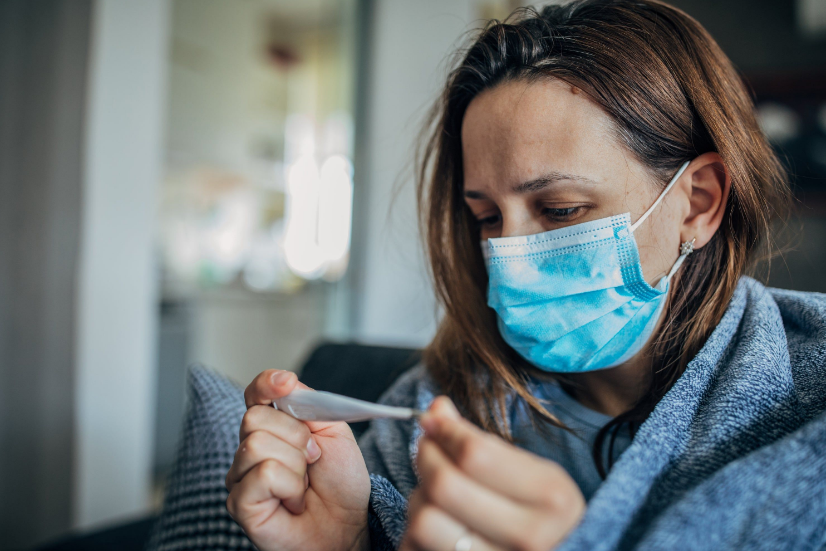
 Post-Covid-19 problems
Post-Covid-19 problems






.png)
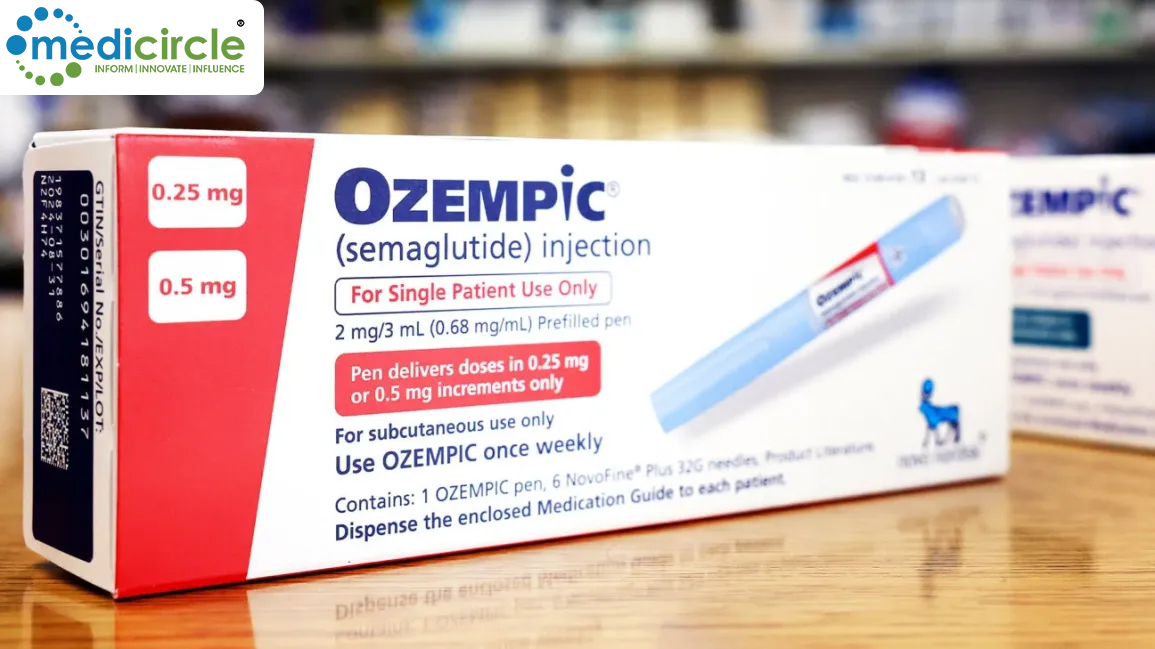

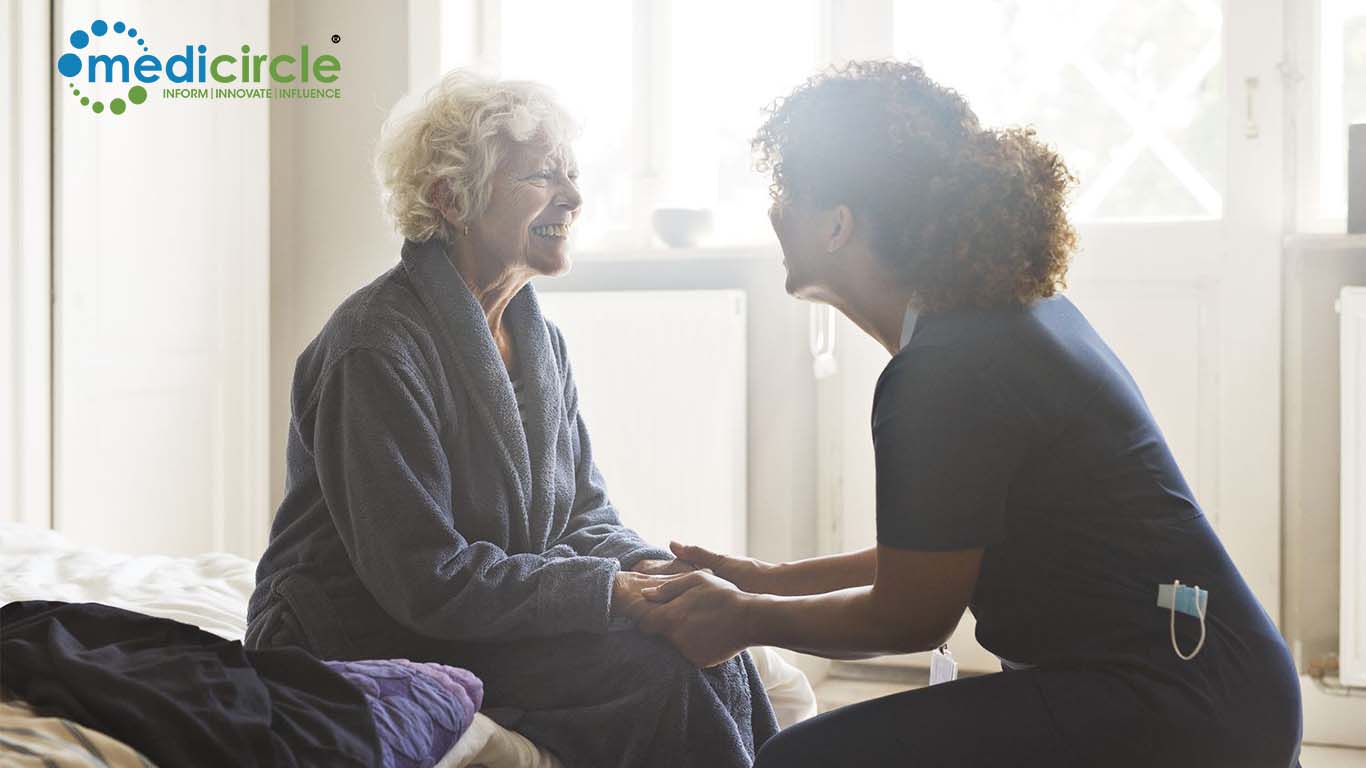
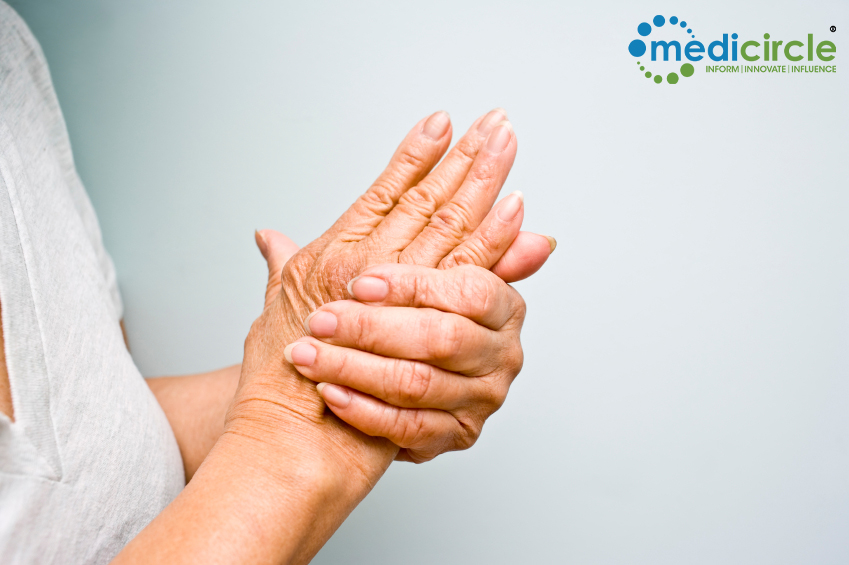
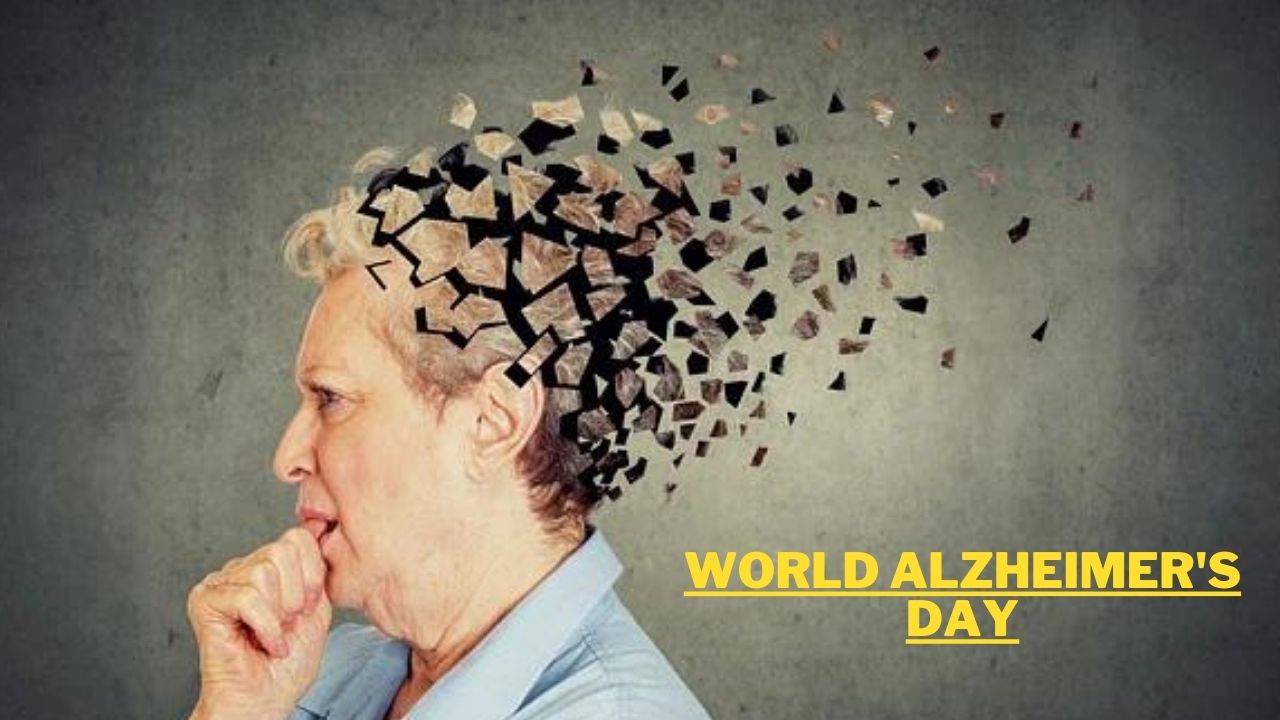
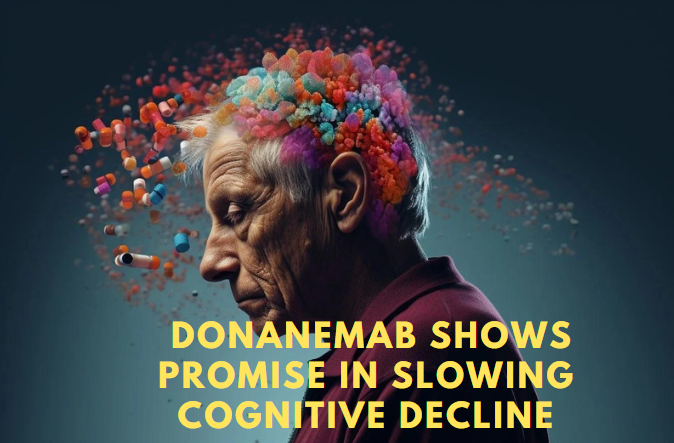







.jpeg)


.jpeg)
.jpeg)
.jpeg)
_(1).jpeg)

_(1)_(1)_(1).jpeg)
.jpeg)
.jpeg)
.jpeg)








.jpeg)
.jpeg)